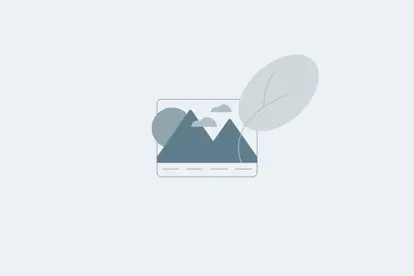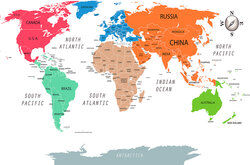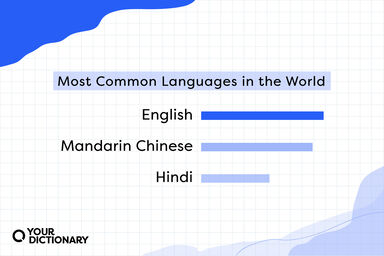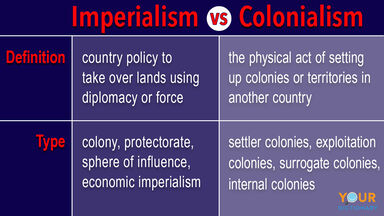Congo Definition
kŏnggō
noun
Webster's New World
Synonyms:
- Zaire River
- congo river
- belgian-congo
- zaire
- democratic-republic-of-the-congo
- french-congo
- republic-of-the-congo
- English breakfast tea
- congou tea
- congou
Other Word Forms of Congo
Noun
Singular:
CongoPlural:
congosCongo Is Also Mentioned In
Find Similar Words
Find similar words to Congo using the buttons below.




